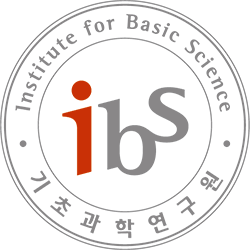Jeong Ok Choi (최정옥), Invertibility of circulant matrices of arbitrary size
Room B232 IBS (기초과학연구원)In this talk, we present sufficient conditions to guarantee the invertibility of rational circulant matrices with any given size. These sufficient conditions consist of linear combinations in terms of the entries in the first row with integer coefficients. Using these conditions we show the invertibility of some family of circulant matrices with particular forms of …

